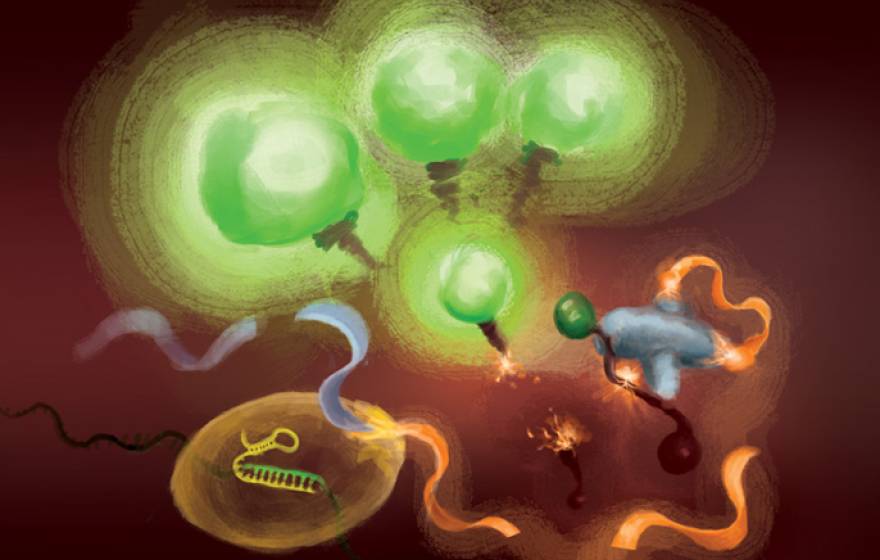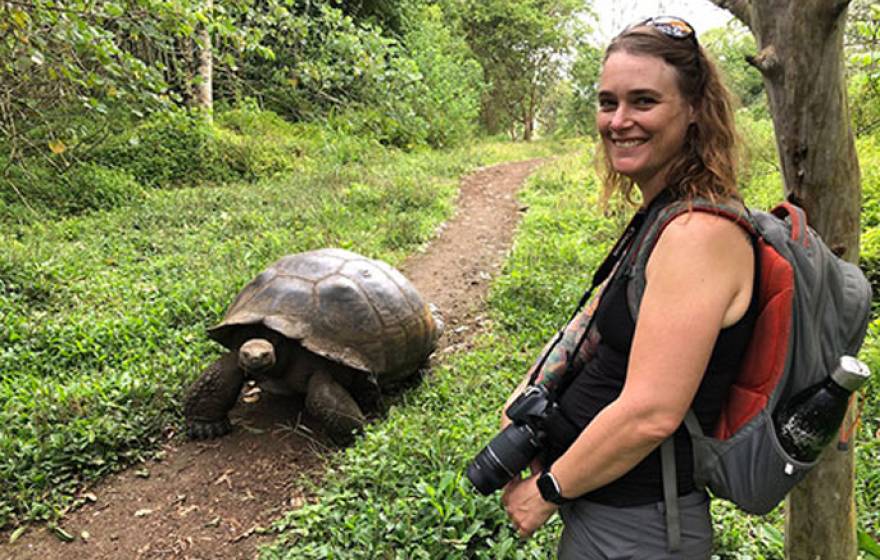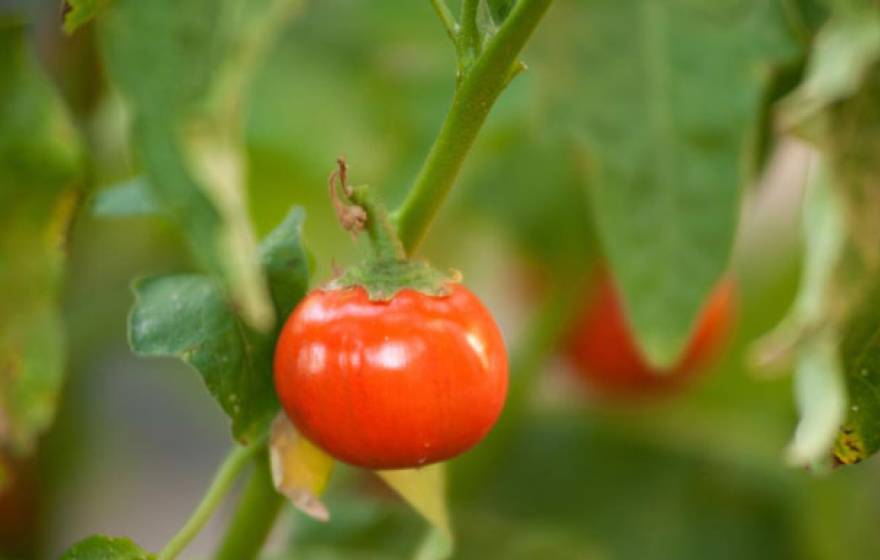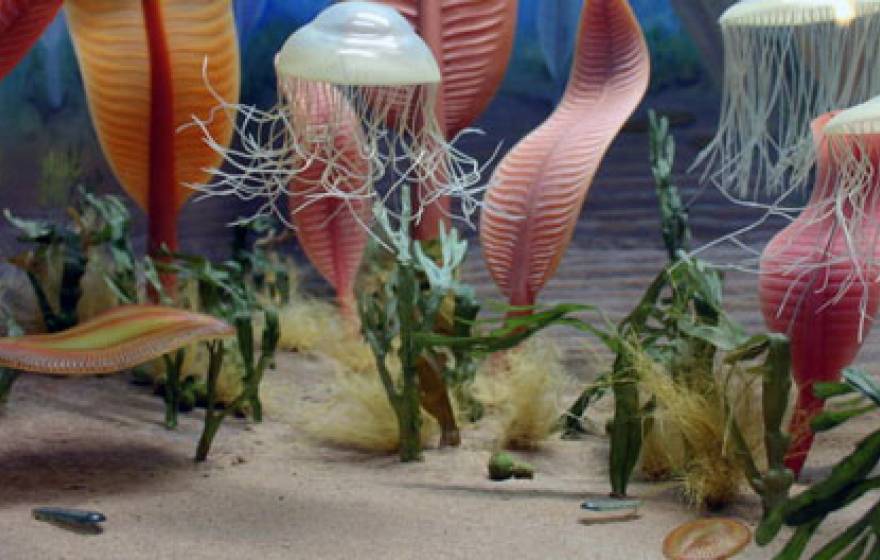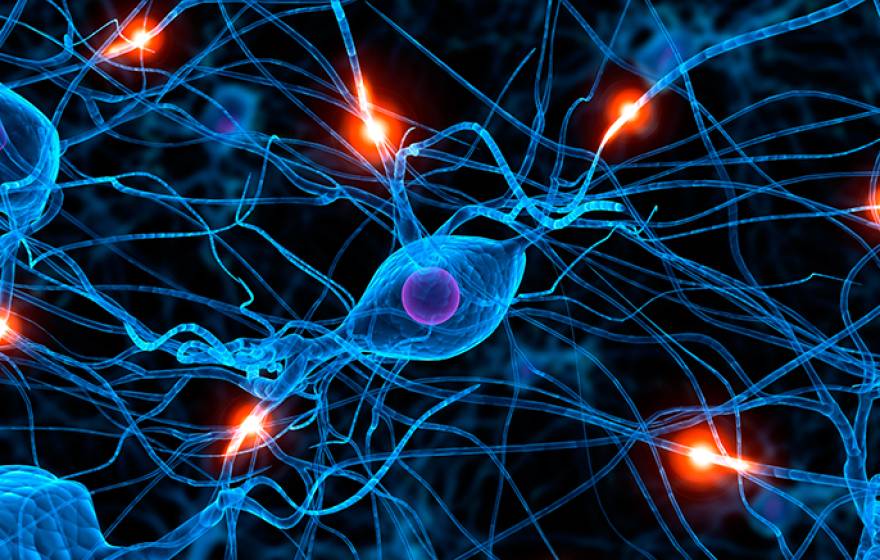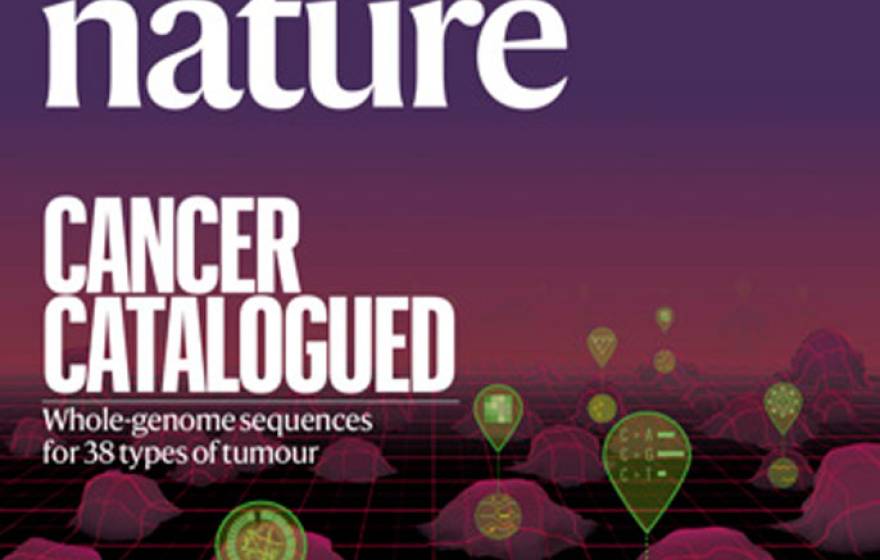During any other year, these groundbreaking advances would have been big news. Here’s some of what you may have missed while you were busy washing your hands.
Jennifer Doudna wins 2020 Nobel Prize in chemistry
Jennifer Doudna, UC Berkeley and UCSF professor and Berkeley Lab faculty scientist, shares the prize with Emmanuelle Charpentier for their discovery of CRISPR-Cas9 as a tool for making targeted changes to the genome.
Using two CRISPR enzymes, a COVID diagnostic in only 20 minutes
Eliminating RNA amplification simplifies and speeds up assay for SARS-CoV-2 virus, making it ideal for point of care testing.
Continuing Darwin’s work on Galapagos Island
186 years after Darwin first described the Galapagos racer snake, Danielle Edwards seeks to rebuild their population by using DNA from one of his original samples.
Genes that keep plants green: A discovery that can help us grow crops in a drought
Scientists have discovered genetic data that will help food crops like tomatoes and rice survive longer, more intense periods of drought on our warming planet.
FDA approves first test of CRISPR to correct genetic defect causing sickle cell disease
UC scientists and physicians hope to permanently cure patients of sickle cell disease by using CRISPR-Cas9 to replace a defective gene with the normal version.
We’re surprisingly similar to Earth’s first animals, research says
Today’s humans share many genes with oceanic creatures missing heads.
Could gene therapy halt the progression of Alzheimer’s disease? A first-in-human clinical trial will seek answers
Earlier animal studies suggest the restorative gene treatment may slow, prevent or reverse progression of the disorder.
Is this one protein responsible for weight gain?
Diminishing a single protein in a set of mice caused them to gain only half the weight of other mice, even on a high-fat diet.
How dogs actually age (and what that tells us about how we do)
Understanding how dogs age can help us fight human aging.
UC Berkeley launches trial of saliva test for COVID-19
Saliva can be gathered without medical supervision, unlike current tests, which saves time, money and precious PPE.
Most comprehensive study of whole cancer genomes completed
The Pan-Cancer Project discovers causes of unexplained cancers and zeros in on mechanisms of development.


